The Moustached Journalist says;
Sunday Dankaro House, named after the illustrious Nigerian sports administrator and former Chairman of the defunct Nigeria Football Association (NFA), is the administrative headquarters of the reformed Nigeria Football Federation (NFF), as it should be a bastion of integrity, fostering the growth and development of football in Nigeria.

Despite its symbolic significance, the institution has been marred by controversies, ranging from financial mismanagement to politics, which have stunted the growth of football in Nigeria. However, over the years, its role has significantly been tampered with, reflecting the evolving dynamics of the nation’s polity.
What began as a beacon of sportsmanship and administrative efficiency gradually transformed into a crucible of political maneuvering and deception. The corridors of power are often shrouded in secrecy, with whispers of conspiracy and intrigue echoing through the halls.
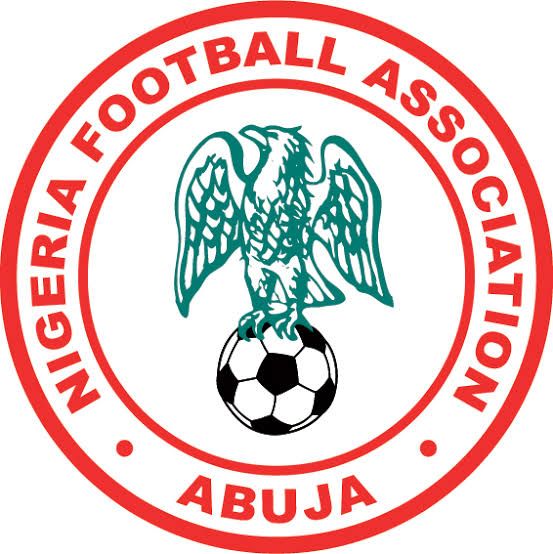
In recent times, few places have encapsulated this enigmatic blend of manipulation and machination as vividly as the Sunday Dankaro House. Situated in Abuja, the heart of the nation’s capital, this edifice has become synonymous with the clandestine activities that shape the Nigerian football landscape.
Political interference in the NFF’s operations is the biggest enemy of Nigerian football. Government officials often influence decisions, appointments, and policies, leading to conflicts of interest and inefficiency. The politicization of football administration means that decisions are made based on political gain rather than the sport’s best interests.
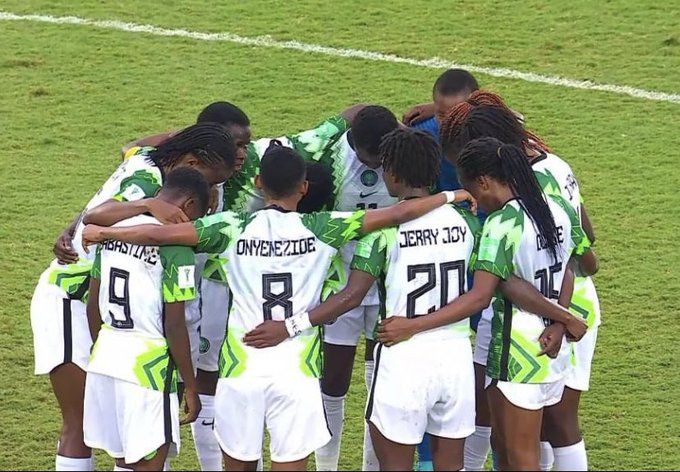
This interference disrupts the continuity and stability needed for long-term development. Coaches and administrators are frequently changed, preventing the implementation of consistent and effective development strategies. When the leadership is swayed by political motives, the entire football ecosystem suffers.
The NFF has been plagued by allegations of corruption and mismanagement for decades. These issues often start at the top, with leaders who are either unwilling or unable to effectively govern the federation. Corruption scandals, such as embezzlement of funds meant for football development, have become a recurring theme.
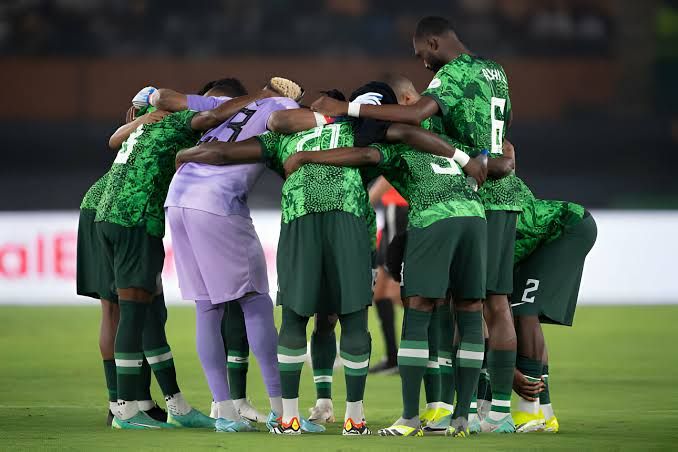
The state of football infrastructure in Nigeria is another critical issue. Many stadiums and training facilities are in disrepair, with poor maintenance and lack of investment. This is a direct result of the misallocation of resources by those in power.
Quality infrastructure is fundamental for nurturing talent and hosting international competitions, yet Nigerian footballers often have to train in substandard conditions.
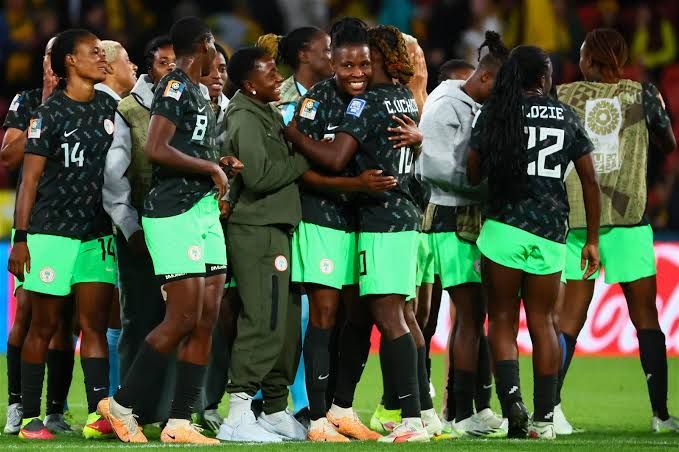
When the leadership fails to prioritize and invest in proper facilities, it limits the potential of the players. International teams often refuse to play in Nigeria due to the poor state of the stadiums, further isolating Nigerian football from the global community.
This situation reflects the incompetence at the top, affecting the performance and morale of players and fans alike. Nigeria has a rich history of producing football talent, yet the system for nurturing and managing this talent is flawed. The poor planning and lack of vision have led to inadequate support for youth academies and local clubs.
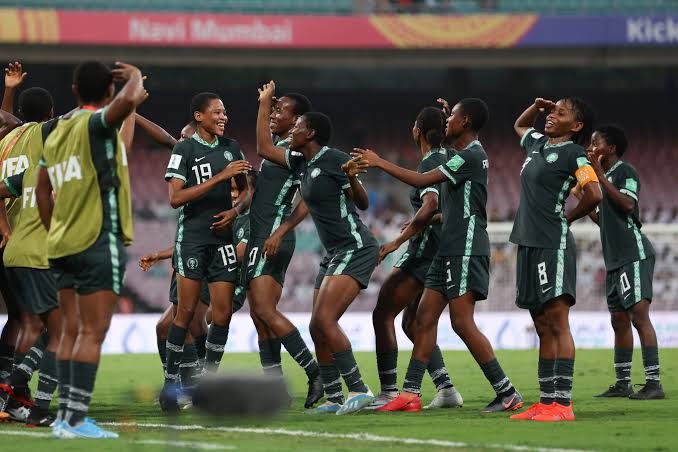
The trickle-down effect of the corruption at Sunday Dankaro House is evident in the domestic football scene. Both the Nigeria’s men’s and women’s topflight divisions and other lower leagues suffer from poor management and inadequate funding.
Especially, the Nigeria Premier Football League (NPFL) suffers from poor organization and mismanagement, has overtime been bedeviled with issues such as irregular league schedules, inadequate officiating, and poor stadium conditions are commonplace.
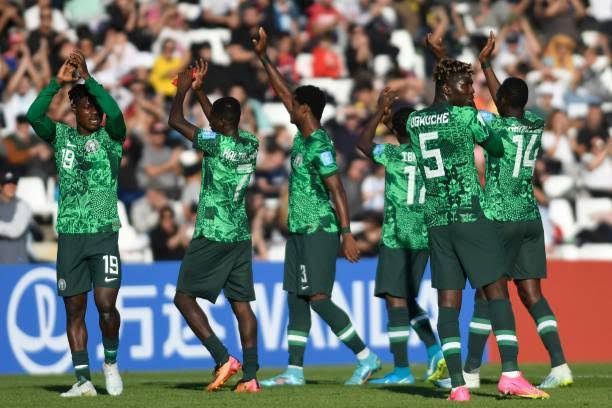
This environment makes it challenging for clubs to operate efficiently and attract sponsorships. The overall standard of the NPFL has declined, with frequent administrative interruptions and lack of competitive balance.
This negatively affects the national team’s performance as the domestic league is a crucial talent pool. Over the years, Nigerian teams have barely had good numbers in terms of securing spots in the group stages of CAF interclub competitions.
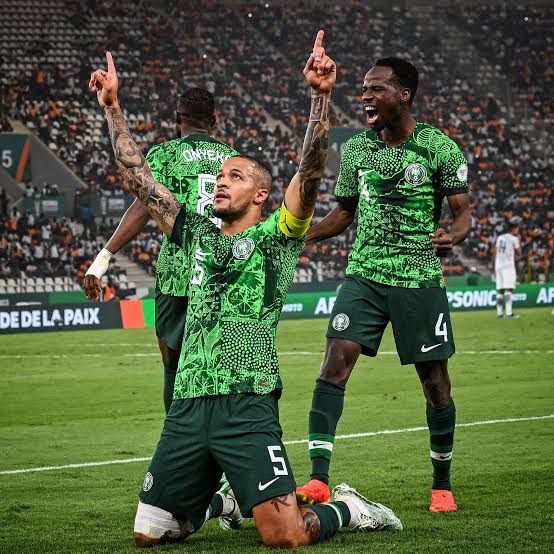
Similar to the national teams, local clubs struggle with financial instability due to corruption and lack of transparent governance. Clubs are often unable to pay players’ salaries, leading to strikes and diminished player performance.
This financial instability discourages private investors and sponsors from supporting the league. Football as a viable business would hardly thrive in a hostile environment as ours.
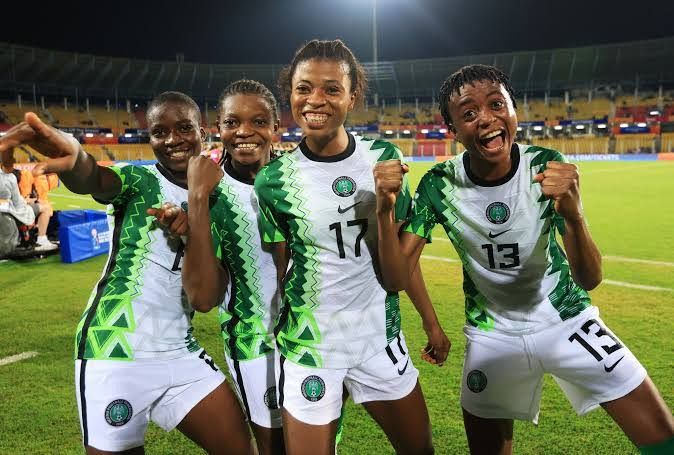
Due to the lack of competitive and financial incentives domestically, many talented players leave Nigeria to seek better opportunities abroad. This talent drain weakens the local league, reducing its quality and appeal to fans and sponsors.
Local clubs, which are crucial for grassroots development, receive minimal support from the NFF. Without proper funding and infrastructure, these clubs cannot effectively scout and develop young talents. The neglect of grassroots football stifles the growth of a strong foundation for future national team players.
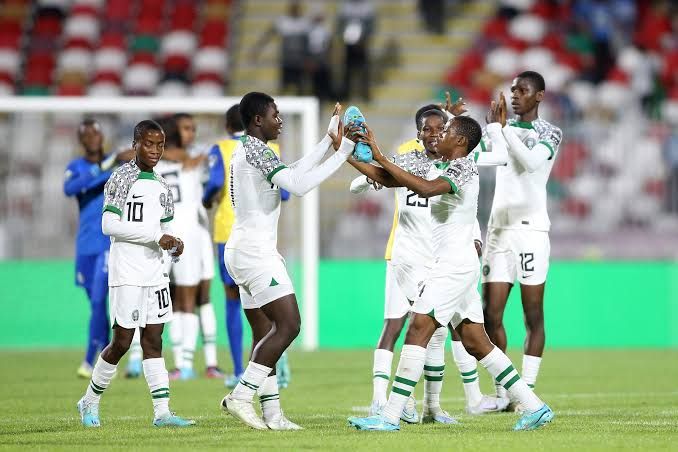
The administrative failures within the NFF have tarnished Nigeria’s reputation in international football circles. Allegations of match-fixing, age falsification, and corruption have led to sanctions and diminished respect for Nigerian football globally.
The frequent scandals and poor performance of both national teams and local clubs lead to disillusionment among fans. Decreased fan engagement translates to lower attendance at matches, reduced merchandise sales, and overall diminished support for the sport.
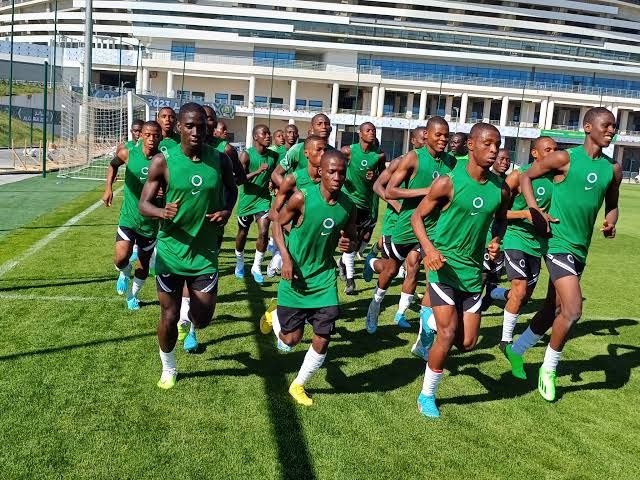
Football has the potential to significantly contribute to Nigeria’s economy through job creation, tourism, and commercial opportunities. However, the administrative inefficiencies and corruption prevent the sport from realizing its economic potential.
The lack of proper investment and development in football infrastructure limits economic growth opportunities associated with the sport. These, overtime, has now reduced the nation’s most followed sport to the lowest of lows.
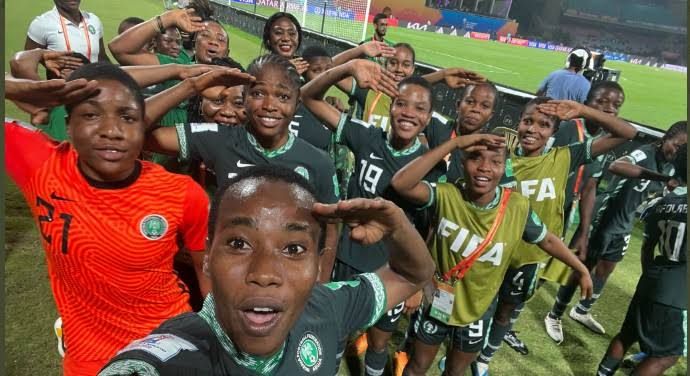
The management of funds allocated for sports development and administration has been a fertile ground for financial misconduct. Embezzlement, kickbacks, and money laundering are some of the methods employed to siphon public funds for personal gain.
When those at the helm are embroiled in such controversies, it becomes almost impossible to implement policies that can genuinely develop the sport. For example, funds allocated for grassroots football development often disappear, leaving local clubs and academies struggling to survive.
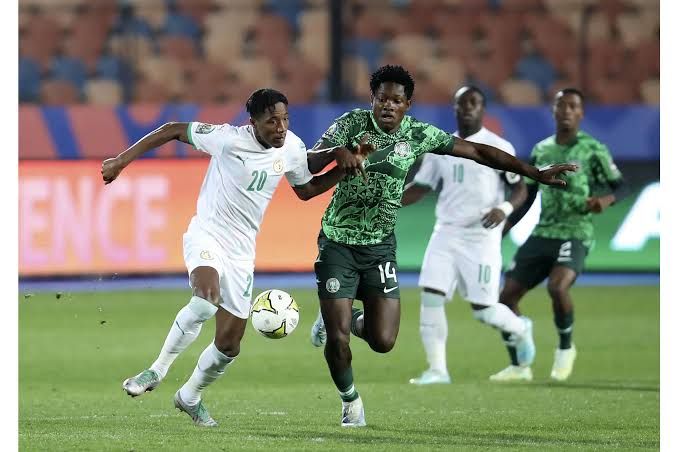
Financial mismanagement is another significant issue. The NFF has often been unable to pay players’ salaries and bonuses on time, leading to strikes and boycotts.
This financial instability creates a toxic environment where players are more concerned about their livelihood than their performance on the pitch.

Funds allocated for the development and welfare of the national teams are often misappropriated. Instances of unpaid bonuses and allowances have led to player strikes and low morale.
Another common scenario was that of the Super Falcons, Nigeria’s women’s national team, protested unpaid wages after winning the 2016 African Women Cup of Nations, highlighting the recurrent issue of financial neglect.
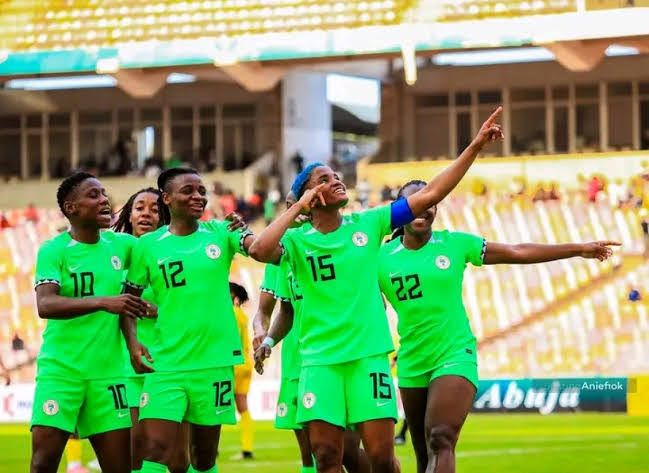
In 2019, a significant portion of funds allocated for a national sports event mysteriously disappeared. Investigations revealed a complex web of kickbacks and embezzlement involving high-ranking officials within Sunday Dankaro House.
This not only hampers the growth of young talent but also creates a disillusioned generation of footballers and fans. The lack of transparency and accountability at the top trickles down, creating an environment where the body’s efforts are futile due to a dysfunctional head.

Controlling the narrative is crucial in the corridors of power. Within Sunday Dankaro House, information is a potent weapon, wielded with precision to discredit opponents, manipulate public opinion, and steer political outcomes.
Within the bureaucratic structure of Sunday Dankaro House, officials engage in deliberate acts of sabotage to undermine rivals or derail initiatives that threaten their interests. This includes the manipulation of documents, strategic leaks of sensitive information, and orchestrated delays.
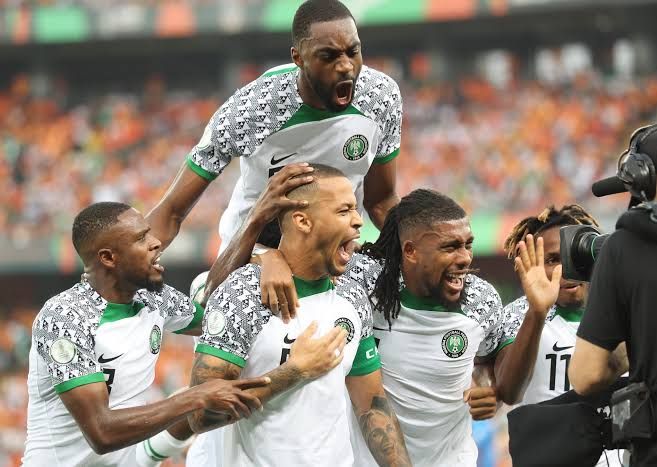
One would not forget too soon the story of “The Great Document Heist” that unfolded at the Nigeria’s topmost football administrative hub. While a crucial document pertaining to the restructuring of national sports federations went missing under suspicious circumstances.
Subsequent inquiries pointed to deliberate sabotage aimed at preserving the status quo. Until then, nothing has come out of the mess for years now since the news created an avenue for public discourse.
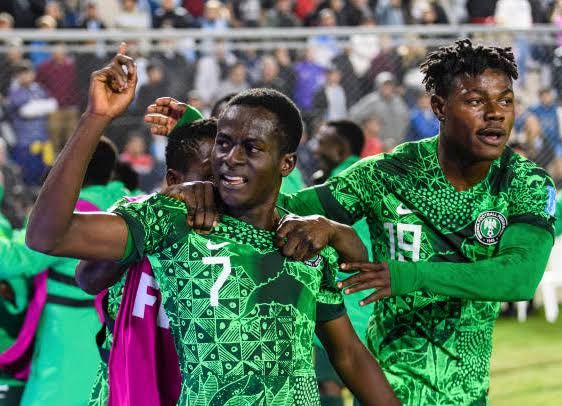
Behind the façade of official meetings and administrative protocols, secret alliances are forged. These alliances often span across party lines, binding unlikely bedfellows in a web of mutual benefit and shared objectives.
With these so-called kingmakers who operate from the shadows, pulling strings and orchestrating events to their advantage. Their influence extends beyond the confines of Sunday Dankaro House, affecting national policies and political alignments.
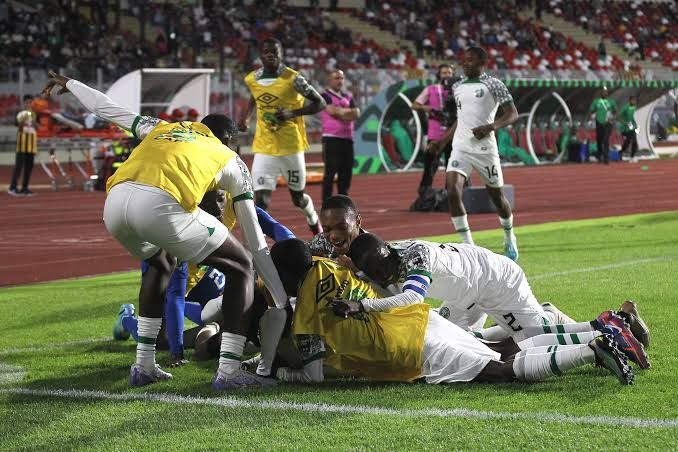
Always on the lookout for the next big break, these individuals exploit every opportunity to climb the political ladder. Their machinations often involve shifting loyalties and leveraging insider information for personal gain.
Additionally, the NFF’s mismanagement extends to the national teams with frequent hiring and firing of coaches due to political interference, considerations and influence destabilizes team performance.
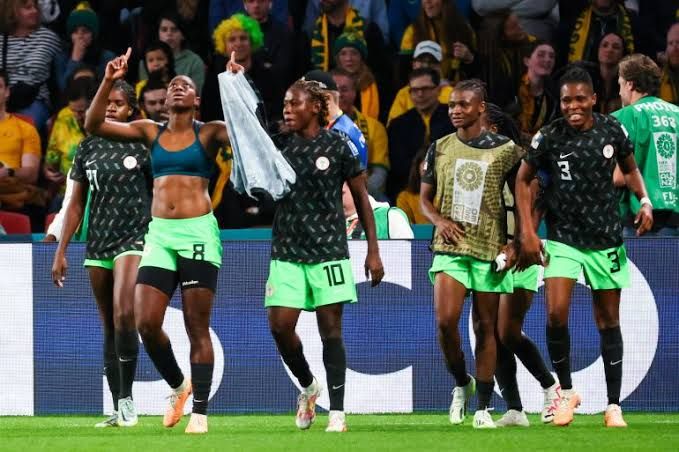
Coaches, however, are often appointed based on connections rather than merit, leading to a lack of continuity, coherent long-term planning, and stability in the national teams.
Following the allegations of vote manipulation and backdoor deals that marred the 2021 election of the National Sports Council Chairman. The intrigue surrounding this election underscored the depth of political machinations within Sunday Dankaro House.
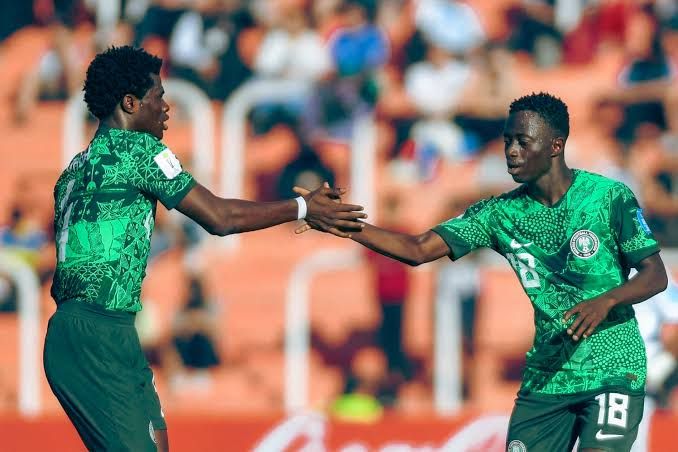
Despite the prevailing culture of deceit, there are those who genuinely strive to reform the system. Their efforts, however, are frequently thwarted by entrenched interests and the pervasive jiggery-pokery.
The inefficiencies, corruption, and mismanagement at the top severely hinder the development and success of football in Nigeria.
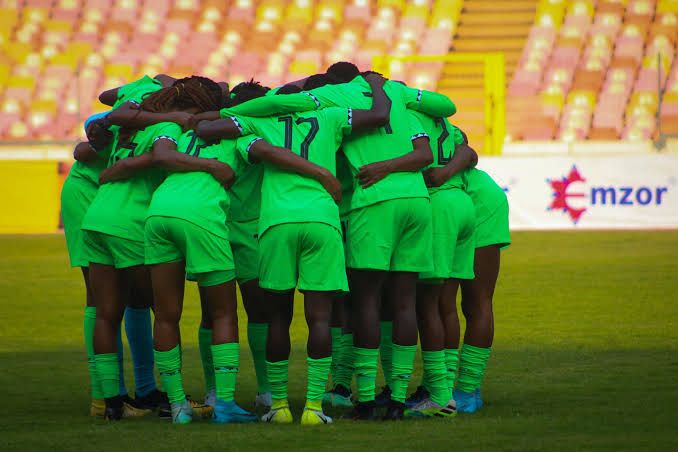
For Nigerian football to reach its full potential, there must be significant reforms in governance, infrastructure, talent development, financial management, and independence from political interference.
The jiggery-pokery within Sunday Dankaro House has far-reaching implications for the nation’s sports administration and broader political landscape. It erodes public trust, stifles genuine reform efforts, and perpetuates a cycle of inefficiency and corruption.
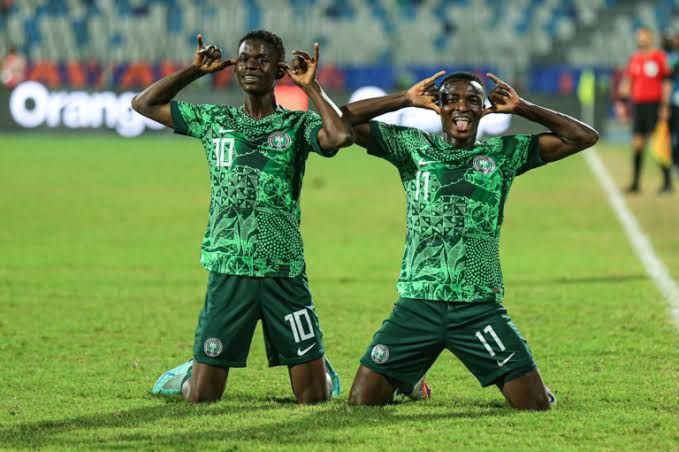
Moreover, the financial malfeasance associated with these activities diverts much-needed resources away from sports development, undermining the potential of athletes and the sporting community at large.
Corruption and mismanagement have stunted the growth of the sport at all levels, from grassroots to the national teams.

However, with the right reforms and a commitment to transparency and accountability, it is possible to restore the glory of Nigerian football and ensure a brighter future for the sport in the country.
